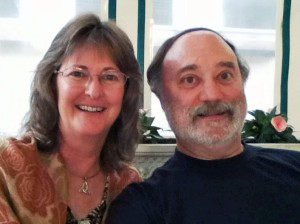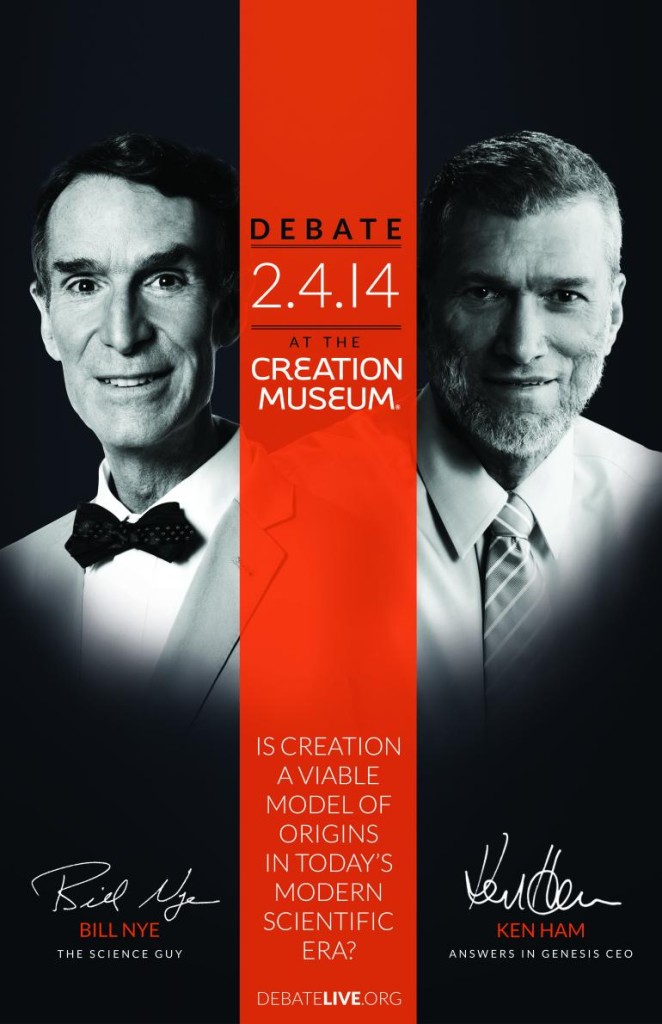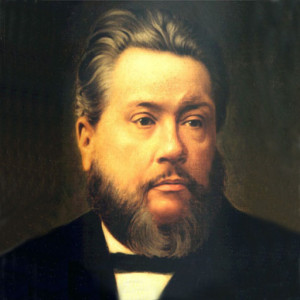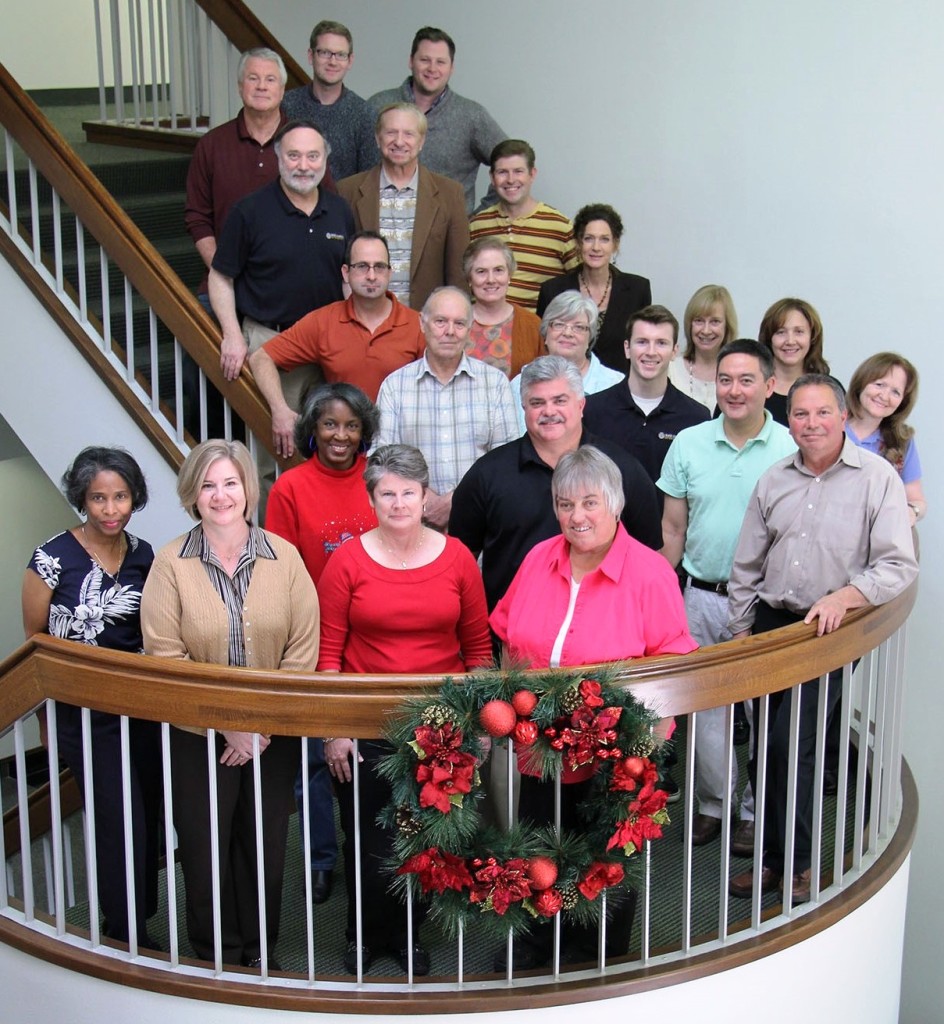Dear Brothers and Sisters in Christ,
 Perhaps you remember these lyrics from a popular song in the opera Porgy and Bess:
Perhaps you remember these lyrics from a popular song in the opera Porgy and Bess:
It ain’t necessarily so
It ain’t necessarily so
The things that you’re liable
To read in the Bible,
It ain’t necessarily so.
There is some truth in these words—particularly when the Bible is read the wrong way, leading to all sorts of confusion and unwarranted conflict. Last week, in my letter regarding creation vs. evolution, I addressed the unnecessary confusion and conflict that arises when people misread the Bible’s creation accounts as scientific explanations. Our confidence in Scripture as the inspired word of God does not require that we affirm any particular, strictly scientific description of when or how God created. Though these issues are of interest, they are not essential to our main concern as Christians, which is to preach the gospel and to live a Christ-centered life. Our faith does not hang on whether evolutionary theory taught by science is correct or not. A recent Christianity Today survey showed that the vast majority of believers agree with this assessment.
The Bible gives us a far more foundational, comprehensive understanding of God and his creation (and our place in that creation) than any explanation that science is able to provide. Within a theological account of creation, there is room for a range of scientific theories concerning how the creation developed under the guiding hand of God. Though Scripture does not tell us about the exact mechanisms that God used (and continues to use) in creating, it does lead us to believe that, given his creativity and wisdom, God could use a wide variety of means to serve his purposes.
What Scripture does rule out are certain philosophical and religious claims that say there is no God and that what exists came into being and remains in existence apart from God’s providential will and oversight. Biblical revelation challenges any such claims, even when they are affirmed by scientists. It is important to recognize that science investigates what already exists and, therefore, it can neither prove nor disprove whether a transcendent God is responsible for the existence of all that is. As C.S. Lewis put it, looking to prove or disprove the existence of God by investigating bits and pieces of his creation makes no more sense than looking to find Shakespeare in one of his plays.
It’s also important to recognize that many scientists embrace certain philosophical assumptions that the scientific method can neither prove nor disprove. While there is room for the scientific investigation of creation within a Christian doctrine of creation, there is no room for the creator God of biblical revelation if a scientist’s personal philosophy presupposes atheism. Ironically, such a scientist would be unable to explain how science itself is able to provide any reliable knowledge of the universe. Science’s own competence stands as brute testimony to the fact that it has no explanation for its own existence. In contrast, Christian theology explains why there is a creation and also why it can be investigated by human beings with a reasonable hope of success.
Those who align themselves with one side or the other in the religion vs. science “wars” tend to vilify their opponents while valorizing their own position. While the Christian faith has no need to condemn the scientific investigation of creation, it is under no obligation to regard science as infallible, even when it comes to claims made within its own proper sphere of competence.
For some, and perhaps many, science has replaced religion (especially Christianity) as the source of ultimate truth and values. Some of these folks portray believers as wild-eyed fanatics while they portray scientists as calm and objective—carefully following the scientific method: double-check finding, submit them to thorough peer review, and only then release the findings to the world as established scientific fact. On the basis of that method, we are exhorted to place our trust in what science has declared to be true.
But can science be trusted to always be faithful to the scientific method? Sadly, the answer is no. Recent disclosures show that, at times, science strays from the dispassionate, unbiased pursuit of truth that characterizes truly scientific commitment and methodology. Sadly, the things we are liable to read in the scientific journals, “ain’t necessarily so.”
Though some think that statements about the fallibility of science come only from anti-science, religious fundamentalists, scientists are pointing out problems within their own profession. Recent studies examining pharmaceutical companies (usually portrayed as bastions of scientific objectivity and care), reveal disturbing problems, as noted in a recent Los Angeles Times article:
A few years ago, scientists at the…biotech firm Amgen set out to double-check the results of 53 landmark papers in their fields of cancer research and blood biology. The idea was to make sure that research on which Amgen was spending millions of development dollars still held up. They figured that a few of the studies would fail the test—that the original results couldn’t be reproduced because the findings were especially novel or described fresh therapeutic approaches. But what they found was startling: Of the 53 landmark papers, only six could be proved valid.
Unfortunately, it wasn’t unique. A group at Bayer HealthCare in Germany similarly found that only 25% of published papers on which it was basing R&D projects could be validated, suggesting that projects in which the firm had sunk huge resources should be abandoned. Whole fields of research, including some in which patients were already participating in clinical trials, are based on science that hasn’t been, and possibly can’t be, validated. [1]
Such revelations don’t surprise me. After all, scientists are as human as the rest of us. When professional reputations and millions of dollars in research grants are at stake, scientists are as capable of falsifying data and making spurious claims as anyone else in any other profession. The L.A. Times article continues:
The demand for sexy results, combined with indifferent follow-up, means that billions of dollars in worldwide resources devoted to finding and developing remedies for the diseases that afflict us all is being thrown down a rat hole. NIH and the rest of the scientific community are just now waking up to the realization that science has lost its way, and it may take years to get back on the right path.
To further complicate matters, science has charlatans who delight in injecting totally fabricated and fraudulent information into the system. Here is what appeared in a Crave blog post concerning computer-generated science reports:
Computer scientist Cyril Labbé of Joseph Fourier University in Grenoble, France, spent two years examining published research papers, and found that computer-generated papers made it into more than 30 conferences, and over 120 have been published by academic publishing houses—over 100 by the Institute of Electrical and Electronic Engineers (IEEE) and 16 by Springer. The papers were generated by a piece of free software called SCIgen, developed in 2005 by scientists at MIT. SCIgen randomly generates nonsense papers, complete with graphs, diagrams and citations, and its purpose was to demonstrate how easily conferences accept meaningless submissions. [2]
This shocking situation shows that peer review is not always an effective filter and that all that is published as “science” is not necessarily non-fiction, let alone reflective of actual, accurate science.
What can we learn here? First, that the scientific community, sadly, has become so eager to obtain funding that many of its members operate as a closed group, something akin to a union, which exists only to protect itself. Second, we can learn that science should not be viewed as the only or the superior source for determining truth.
So let me say it again: Good science and good theology are never incompatible. There is thus no need to pick one over the other as a source of understanding. I find it fascinating to look over the shoulders of those in both fields whose training and expertise can bring us insights into God’s wonderful creation. However, for the life and ministry of the church, these insights are a sidebar—they should not distract us from our main responsibility, which is to show and tell the world about the Truth personified—our Lord and Savior, Jesus Christ. “For from him and through him and to him are all things. To him be glory forever. Amen” (Romans 11:36 ESV).
Your brother in Christ,
Joseph Tkach
_____________________
[1] “Science has lost its way, at a big cost to humanity,” Los Angeles Times (10/27/2013) at www.latimes.com/business/la-fi-hiltzik-20131027,0,1228881.column#ixzz2uYTmu1uK http://www.latimes.com/business/la-fi-hiltzik-20131027,0,1228881.column#axzz2uYTHRsSyz).
[2] Excerpted from a post on the Crave blog at http://www.cnet.com.au/publishers-remove-gibberish-computer-generated-research-papers-339346727.htm.
















